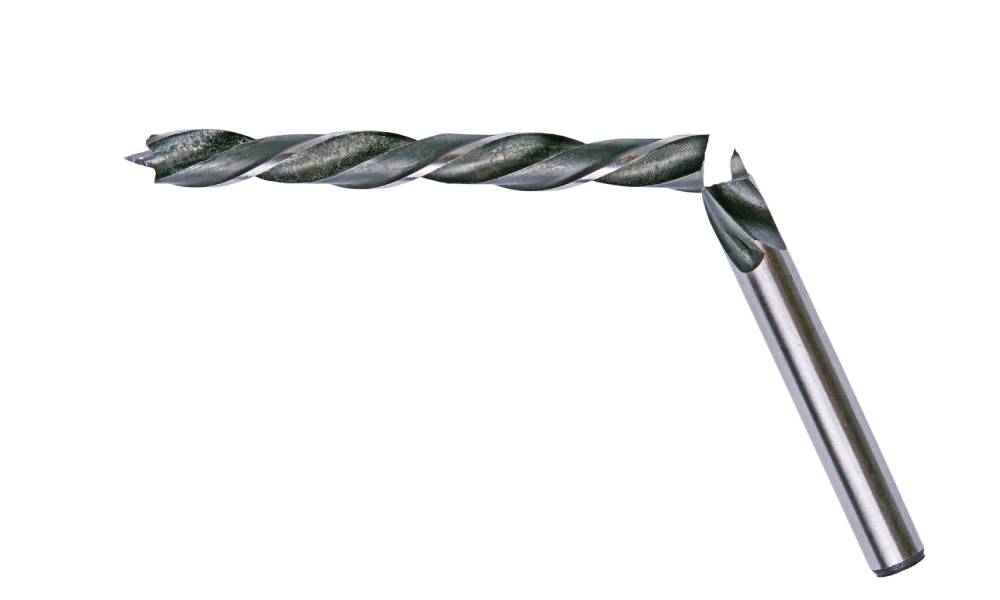

When a drill bit breaks, it can be very frustrating for construction and manufacturing professionals. Such an incident can slow your progress and hurt your chances of meeting your schedule. You can avoid these issues by understanding why it occurs. Learn five key reasons why your drill bits end up breaking.
One reason why this happens is that you used the wrong bit for the material. Using the incorrect one often leads to failure. For instance, using a wood drill bit on metal will likely result in damage.
Matching the right drill bit to the material ensures longevity and efficiency. For example, if you are working with composites, research the process of choosing drill bits for composite materials before you try to make a hole.
Another reason why your drill bits end up breaking is because you use a low-quality product for the task. Substandard products may tempt buyers because of their lower cost, but they often lead to broken bits and wasted resources.
Manufacturers create high-quality drill bits from durable materials to withstand rigorous use and demanding tasks. Investing in top-notch products minimizes breakage and enhances overall work efficiency. Always prioritize quality over cost when selecting drill bits.
Applying excessive force during drilling can also lead to breakage. Many assume more pressure will yield faster results, but this approach damages the drill bit and the material.
Gentle, steady pressure works best, allowing the drill bit to perform its task without undue stress. Remember, the goal involves letting the bit cut through the material naturally rather than forcing it.
It is wise to inspect your drill bits before use to identify any existing damage. Wear and tear from previous projects can compromise their integrity, leading to breakage during use.
Examine them for dull edges or chips and replace any damaged bits immediately. Regular inspections safeguard against unforeseen issues and ensure a seamless drilling experience.
Using a drill bit of incorrect size can significantly increase the likelihood of breakage. Oversized bits exert more stress on the drill and material, while undersized ones can slip or require excessive force to function, leading to damage.
Proper sizing is crucial for efficient drilling. Always refer to your project specifications and choose a drill bit size that matches your requirements for optimal performance and durability.
By understanding these reasons, you can better maintain the longevity of your drill bits and keep your costs low. You will also keep your projects on schedule and ensure your clients stay happy with your work.
Upgrading your workspace? Get inspired by design ideas for materials, lighting, and amenities, and tips…
In recent years, the global interest in peptides has surged due to their wide-ranging benefits…
Maximize your workspace without overspending. Explore practical ways to expand your office using smart layouts,…
Discover how to create a thriving STEM community through hands-on, collaborative projects that are perfect…
Understanding the common causes of delays during facility relocations can save you time, money, and…
If you or someone you know suffers from sleep apnea, chances are a CPAP (Continuous…